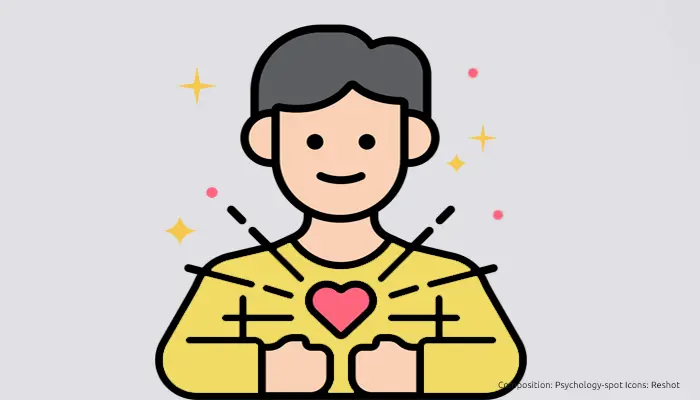
In the productivity and performance society, the one that tells us that “time is money” and we must make the most of it, it is often difficult to spend time alone, daydream, let the mind wander aimlessly, relax or immerse ourselves deeply in our inner world.
Dolce far niente is often seen as an inexcusable waste of time, a luxury that we should not allow ourselves – for which we often feel guilty – or even come to identify it with laziness or apathy. However, spending time alone with our thoughts is beneficial to our well-being, and it’s not even an unpleasant experience as we think.
Being alone with ourselves is not as boring and unpleasant as we imagine
In 2014, researchers at the University of Virginia asked a group of people a simple question: would you rather be bored or feel pain? Most chose to undergo mild electric shocks rather than sit idly in a room for 15 minutes.
These results testify to our discomfort in the face of boredom and the possibility of being alone with oneself. However, now psychologists from the University of Reading have found that the experience is not as tedious or unpleasant as most people imagine.
In a first study, they told participants they were going to take part in an experiment to test their cognitive processing while waiting. They were then asked to sit in a room for 20 minutes, where they were kept without any external stimuli.
Before that wait, the participants had to predict how much they would enjoy the time they spent waiting and how interested or bored they would be. When the 20 minutes were up, they rated their actual experience. Interestingly, people reported having more enjoyment and experiencing more interest and less boredom than they expected.
The researchers replicated the experiment in different settings and with different waiting periods. In one of them, for example, they told participants that they would be assigned to the “think only” or “news review” condition, in which they were allowed to browse newspapers.
As expected, the participants predicted that the condition of reviewing the news would be more pleasant and attractive than the condition of just thinking, so when given the possibility, they chose that situation. However, people who were left alone with themselves again reported enjoying the experience more than expected while those who read the news showed no significant difference in actual and anticipated enjoyment.
Spending more time alone with ourselves
The fact that the vast majority of people prefer to read the news indicates that we avoid spending time alone with our thoughts, largely because we overestimate how boring or unpleasant it can be.
However, the actual experience of simply sitting alone with our thoughts could be much more pleasant than we think. In fact, we really should ask ourselves why we don’t want to be alone with our thoughts. Are we afraid of getting bored? Are we worried that intrusive thoughts cause anxiety? Perhaps we are afraid of not having anything interesting to think about? Or maybe we have forgotten what it is like to be with ourselves?
Currently, the ubiquity of the Internet pushes us to always remain attentive to external stimuli. Our mind is always busy, so turning in on itself ends up being an unusual experience. However, spending time alone is essential to explore ourselves and the world without the pressures and judgments that others often impose.
Being with ourselves can be a deeply liberating experience because we get rid of the pressure to do something, talk to someone, plan… Instead of worrying about the needs, interests and opinions of others, we can focus on ourselves. We have the possibility to look within to ask ourselves what we really want or even how we are.
As a result, taking a little time for ourselves is key to personal growth and development. That time alone is also a chance for our mind to wander, find original solutions, imagine new possibilities, and of course, take a break from the chatter outside.
That time spent alone is a moment to rediscover ourselves and rethink our place in the world, but also to reflect on that same world. Without those minutes with our thoughts we simply become automatons that are carried away by circumstances, leaves moved by the wind of emotions and external demands. In that case, it may be that when we are finally alone with ourselves, we no longer recognize ourselves or do not have time to change the course of our lives.
Sources:
Hatano, A. et. Al. (2022) Thinking about thinking: People underestimate how enjoyable and engaging just waiting is. Journal of Experimental Psychology; 151(12): 3213–3229.
Wilson, T. D. et al. (2014) Just think: The challenges of the disengaged mind. Science; 345: 75-77.



